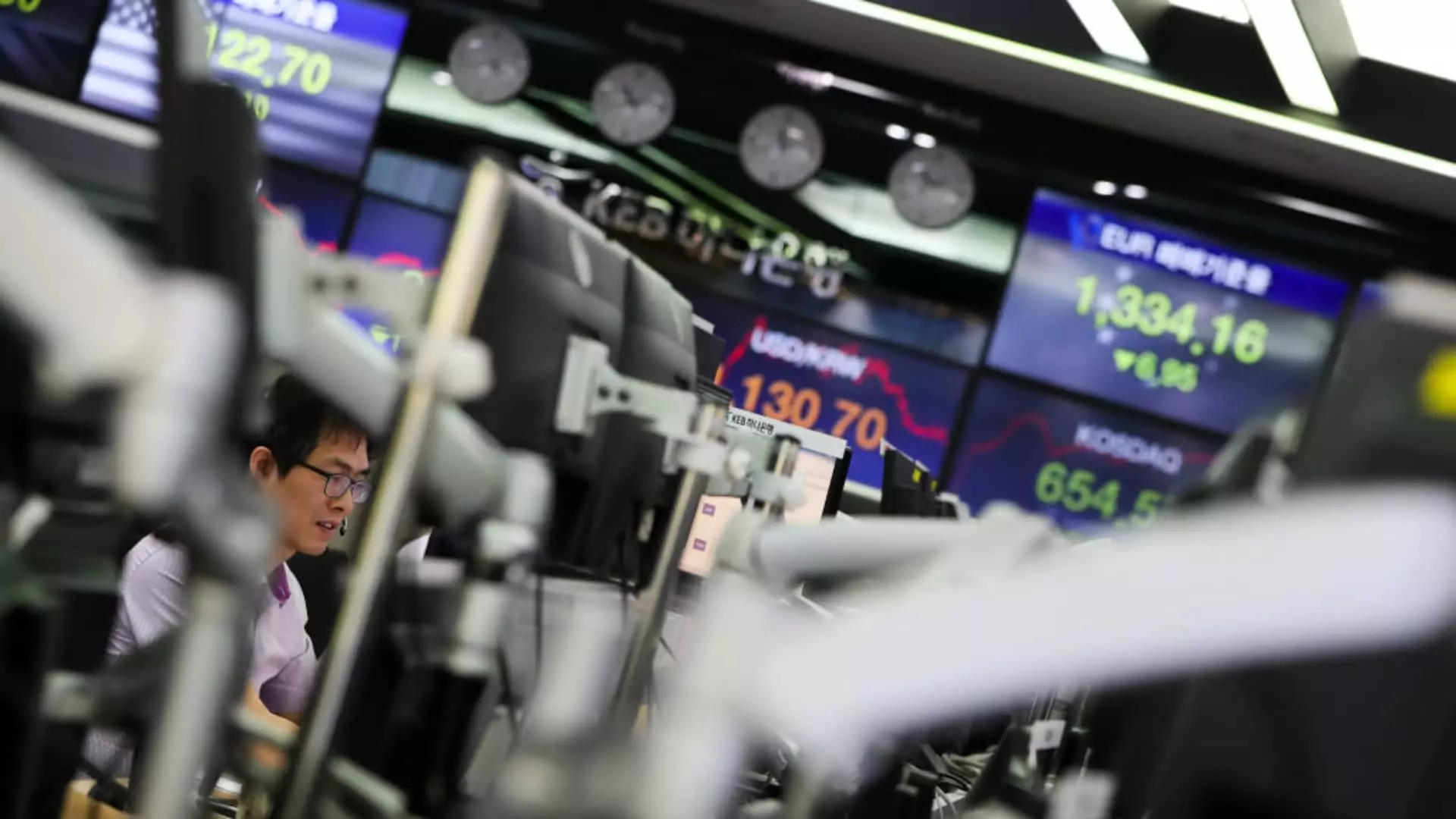In Singapore, the central bank made its first quarterly monetary policy decision of 2024. The Monetary Authority of Singapore announced that it would maintain its exchange rate policy band known as the Singapore dollar nominal effective exchange rate or S$NEER. This decision was in line with expectations and indicates the bank’s commitment to stability in the currency market.
This week, investors will be closely watching China’s factory activity figures for January. These data will provide insights into the health of the manufacturing sector, which is a crucial driver of the Chinese economy. Additionally, Australia’s fourth-quarter inflation figures will be released on Wednesday. This data will play a significant role in the upcoming monetary policy meeting of the Reserve Bank of Australia on February 5.
After a long weekend, traders in Australia returned to the market, causing the S&P/ASX 200 to edge 0.2% higher. In Japan, the Nikkei 225 rebounded from previous losses and rose 0.94%, while the broader Topix index climbed 1.26%. South Korea’s Kospi also experienced gains, increasing by 1.1%. However, the small-cap Kosdaq slipped 0.17%, showing a mixed sentiment among investors.
On Friday, the US markets closed mixed, with the S&P 500 and Nasdaq Composite declining 0.07% and 0.36% respectively. This ended their six-day winning streaks and triggered a retreat from all-time closing highs for the S&P 500. The decline in the markets was largely influenced by the release of the US core personal consumption expenditures (PCE) price index. It showed a growth of 0.2% in December compared to the previous month, falling short of economists’ expectations of a 0.2% increase. On an annual basis, the PCE index grew by 2.9%, also slightly below the projected 3% increase. This data came after the release of better-than-expected GDP figures for the fourth quarter, which had previously boosted hopes for the economy.
The US Federal Reserve’s first rate decision of 2024 is set to be released on Wednesday. This decision will have significant implications for the global financial markets, as investors seek insights into the central bank’s stance on monetary policy. Any signals of potential interest rate changes or adjustments to the central bank’s balance sheet could impact market sentiment and investment strategies.
Overall, the week ahead is filled with important economic data releases and central bank decisions. Investors will closely monitor China’s factory activity, Australia’s inflation figures, and the US Federal Reserve’s rate decision. These events have the potential to influence market trends and investor sentiment, creating opportunities and challenges for traders.


Leave a Reply